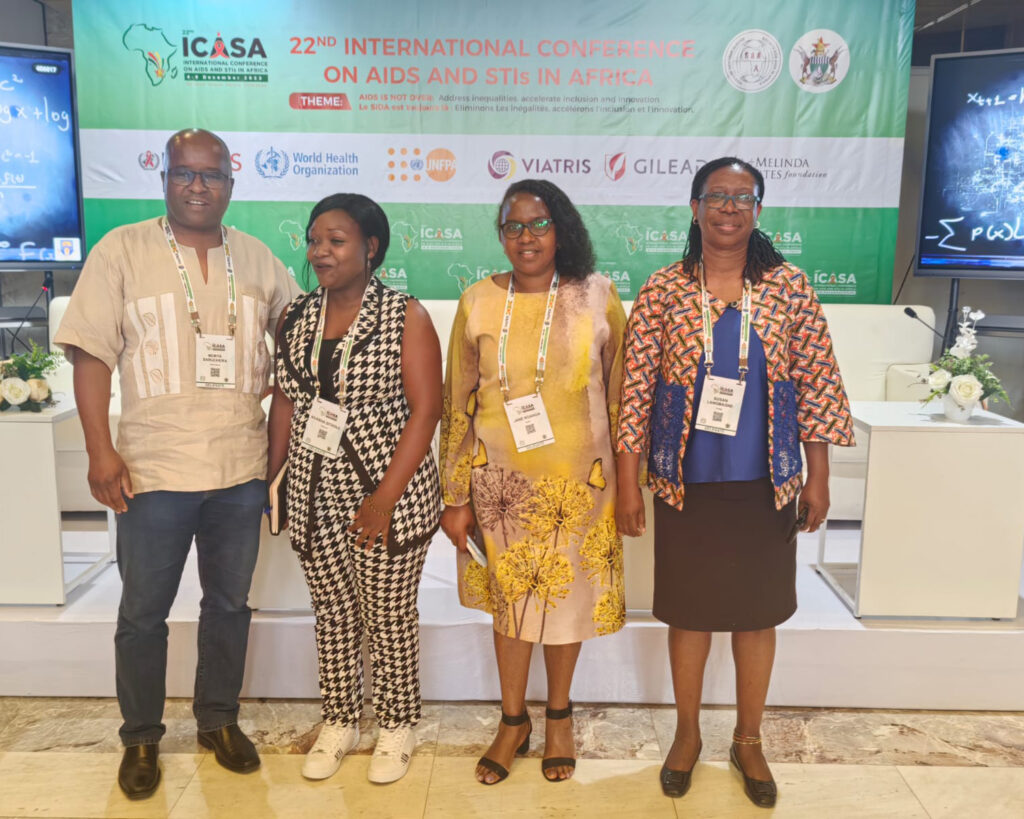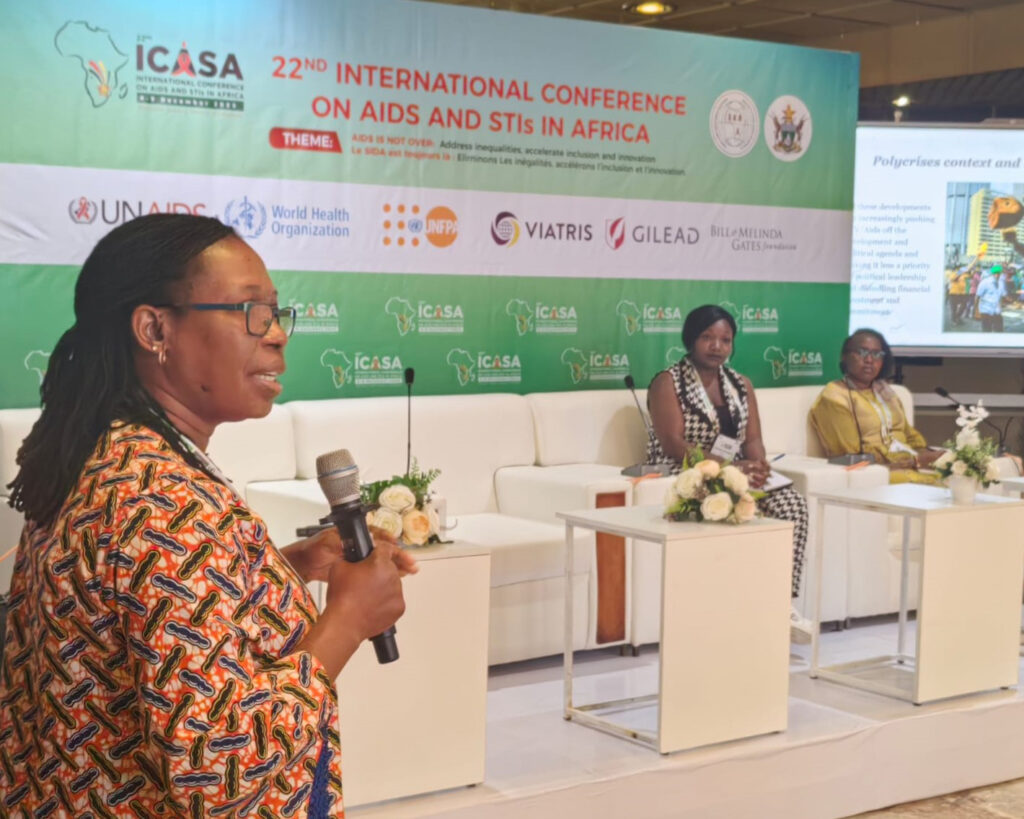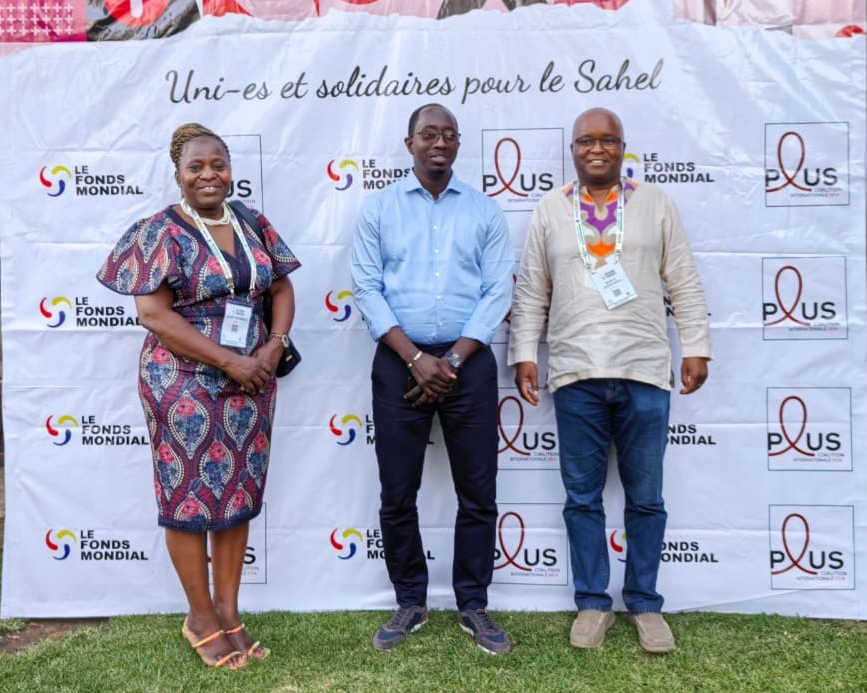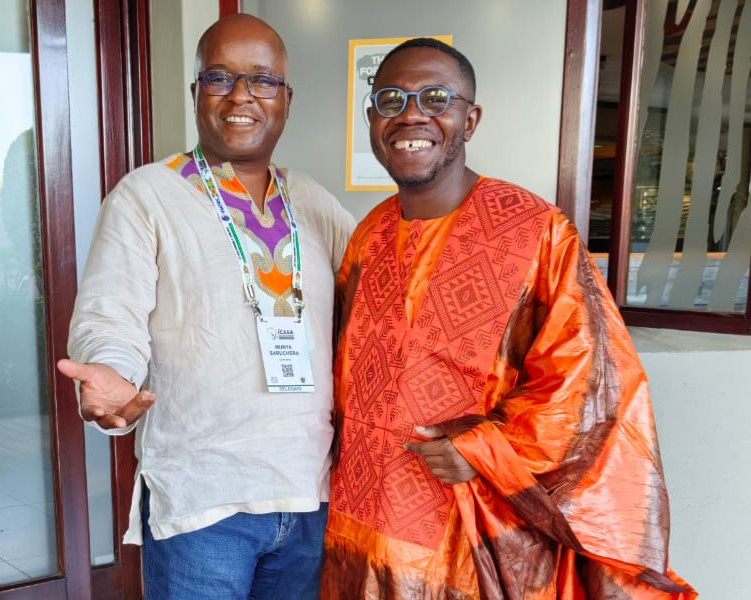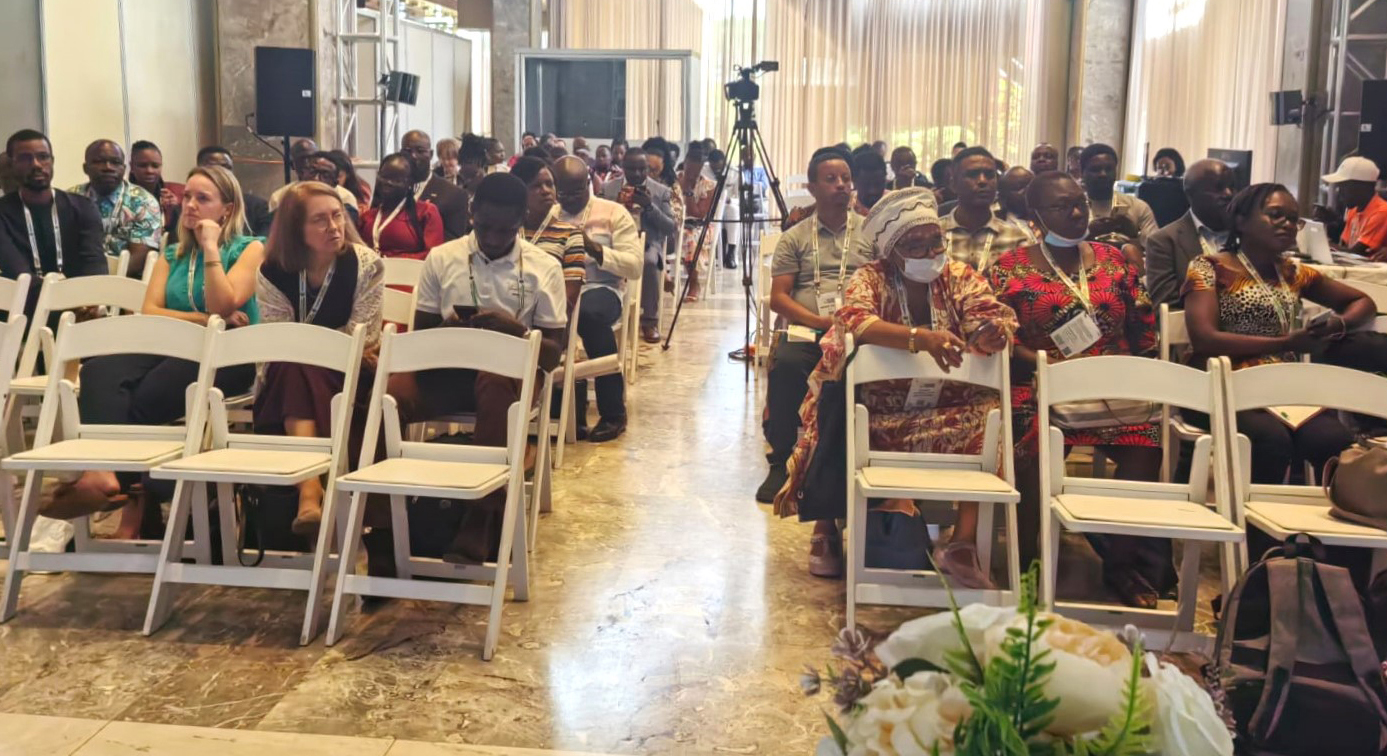“AIDS IS NOT OVER: Address inequalities; accelerate inclusion and innovation”. This was the theme of the 22nd International Conference on Aids and STIs in Africa (ICASA), from 4 to 9 December 2023 in Zimbabwe. Within this context that Aids remains a threat, Stellenbosch University (SU) hosted a panel discussion on the topic of managing HIV/Aids, TB and related health issues in Africa in times of a global polycrisis, where multiple crises (humanitarian, socio-economic and environmental), pandemics and epidemics compete for resources. This followed a more localised panel discussion held at SU in November, where the need for an Africa-centred approach emerged as a priority.
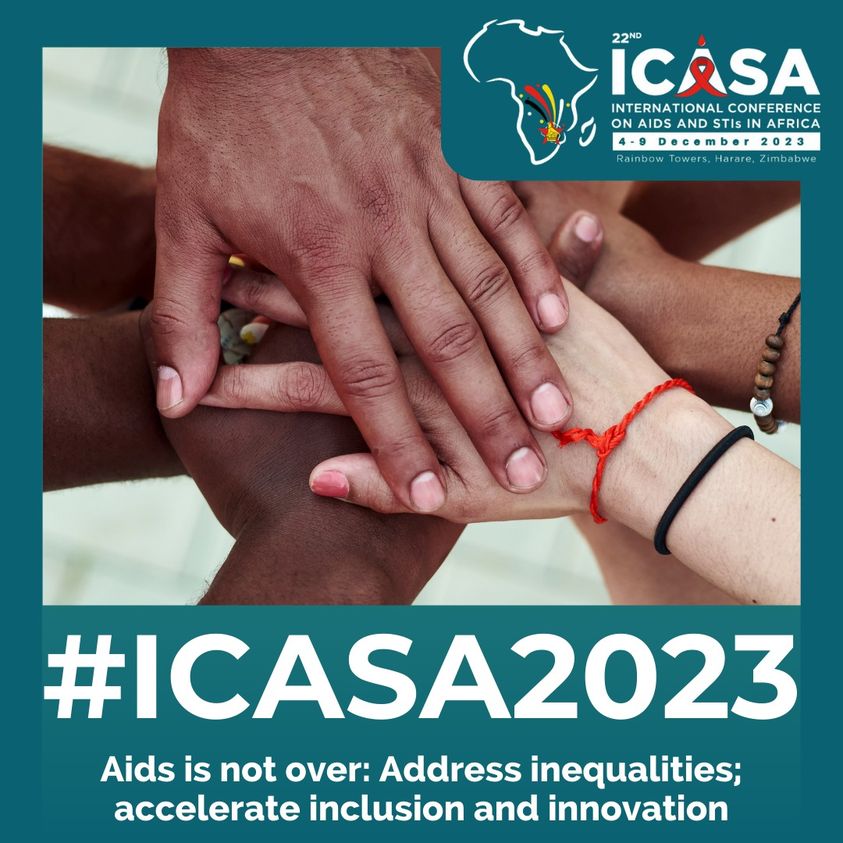
The session was chaired by the director of the Africa Centre for HIV/Aids Management at SU, Dr Munya Saruchera. The other participants were Dr Susan Langmagne of the University of Ghana, Rev Jane Ng’ang’a of the International Network of Religious Leaders Living with or Personally Affected by HIV (INERELA+) in Kenya, and Nyasha Sithole of MenEngage Alliance. Ng’ang’a and Sithole are both prospective PhD students at the Africa Centre.
One of the key outcomes arising from the discussion was the need for a more segmented approach in supporting specific groups: “Women and youth require dedicated attention, with the former being most affected by disinvestment from HIV/Aids programmes,” Saruchera said. Adding to this, Langmagne highlighted that addressing the underlying socio-economic and structural factors that are often to the detriment of key populations such as women is equally important.
The tragedy is that the vulnerability of girls and women is not new, as evidenced by the speakers’ experiences. Ng’ang’a’s involvement with HIV and pastoral care started way back in 2003 when she volunteered at an organisation that supported adolescent girls, some of whom were living with HIV. In turn, Sithole has dedicated her career to championing gender equality and representing marginalised young women. She believes HIV is inherently a gender issue: “Gender inequality poses huge problems when it comes to accessing resources and socio-economic opportunities, while GBV is a key driver of HIV infection.”
With the data showing that girls between the ages of 15 and 24 are three times more likely to be infected with HIV than boys, the scope of the problem is evident. While gender issues across the globe are similar in nature, the context and drivers are often unique and need to be accounted for. Socio-cultural and socio-economic issues, conflicts and other pandemics such as ebola and malaria that are drivers in Africa are not necessarily prominent in the Global North, emphasising the importance of an Africa-centred approach.
Ng’ang’a also pointed out the importance of considering the future vulnerability of key populations: “Aids, Covid-19, flooding, wars – all of these have led to a significant number of orphans in sub-Saharan Africa, which sooner or later will become a huge crisis.”
The second key outcome was the need to improve domestic resource mobilisation (at a national as well as community level). According to Saruchera, this does not only relate to funding but also to the time, skills and roles of various stakeholders. The issue of resourcing is especially relevant in the context of the global polycrisis, with donors being stretched. In addition to HIV-positive people living quality lives, HIV combined with ageing has now become a focus area, since people who contract HIV today are living much longer than previous generations.
Community mobilisation also becomes relevant when addressing social stigma, which remains one of the biggest hurdles in the fight against HIV. This is where faith-based organisations (FBOs) play an important role. “Faith communities and leaders are trusted, which puts them in the ideal position to engage on HIV issues,” Ng’ang’aexplained. Ironically, stigma is also one of the main challenges that FBOs as custodians of moral values face in dealing with HIV. Yet, religious leaders living with or affected by HIV could turn the tide by challenging punitive laws, policies and inequalities, and advocating for enhanced services and dialogue.
On the other side of the targeted-approach coin is the need for a more holistic public health approach, according to Sithole. “Hypertension and other non-communicable diseases are on the rise in Africa, and these are all components of prevention,” she explained. “At the current rate of new HIV infections, any form of prevention is critical.”
Ultimately, this is not the last polycrisis scenario, which means enhanced crisis preparedness is vital, at community, national and broader regional levels. “This requires intergovernmental as well as multi-stakeholder engagement,” Ng’ang’a said. As with most crises, however, the current challenges also offer the opportunity to innovate, which will be critical to regaining momentum in the fight against HIV/Aids.
